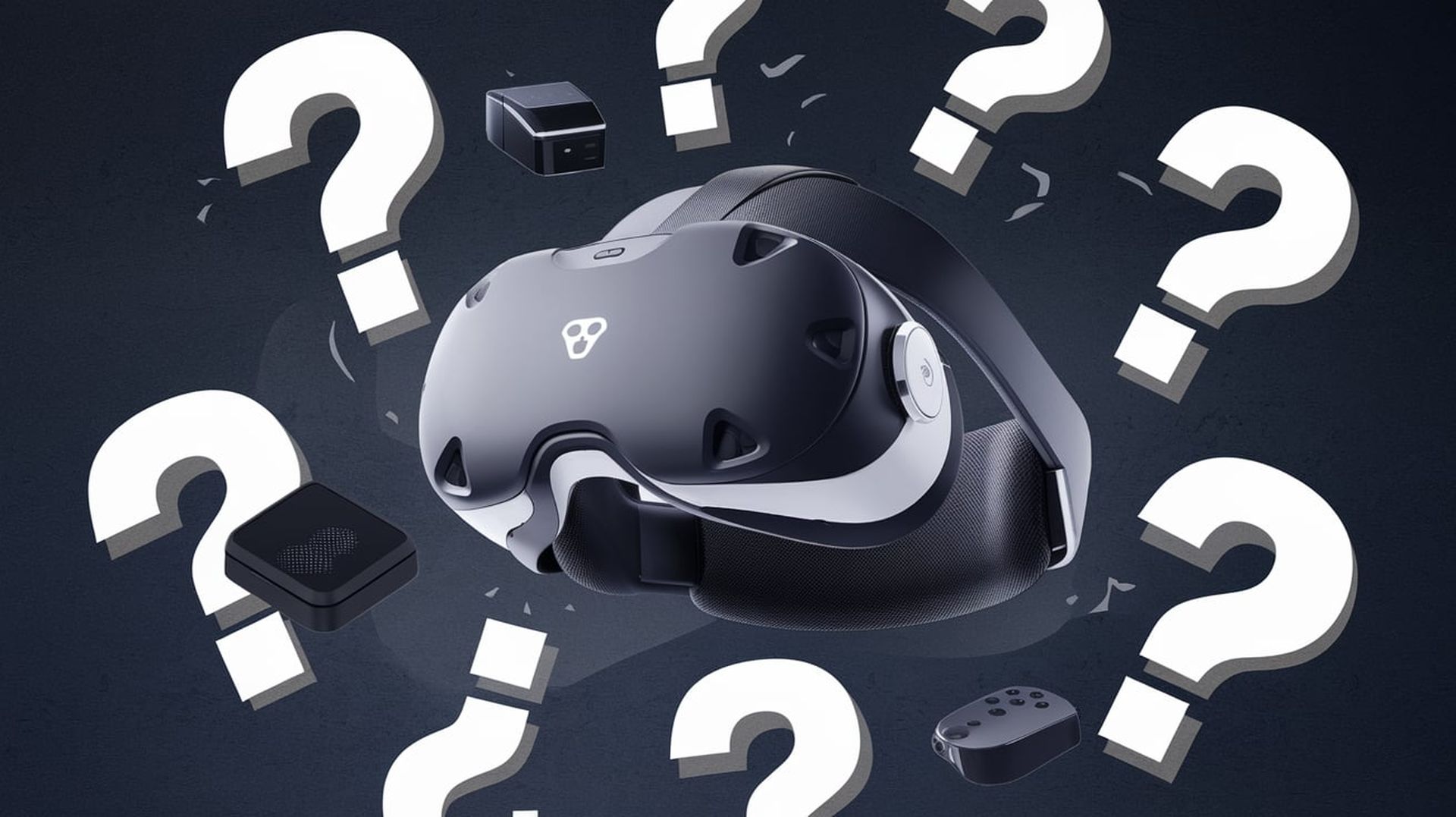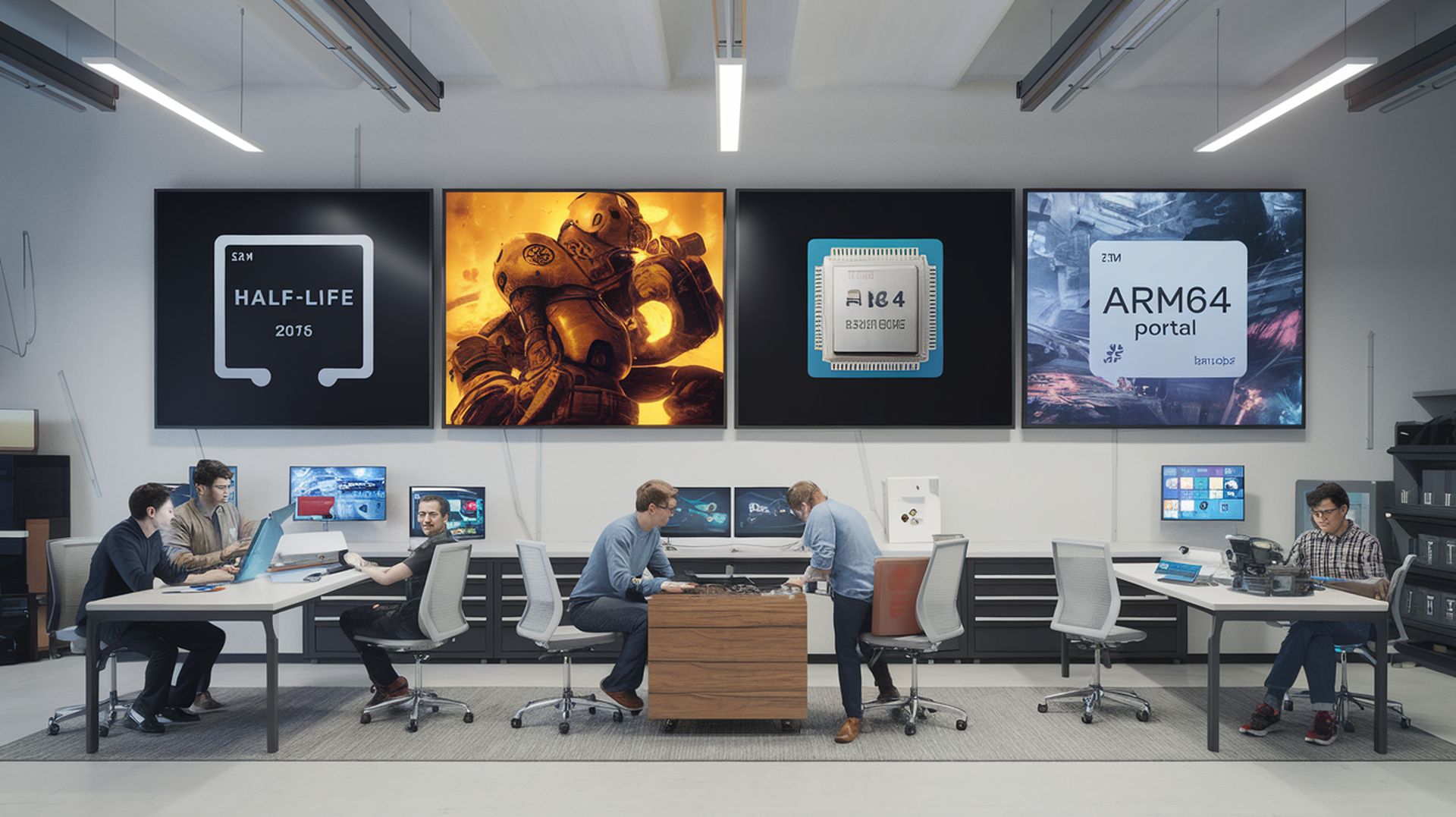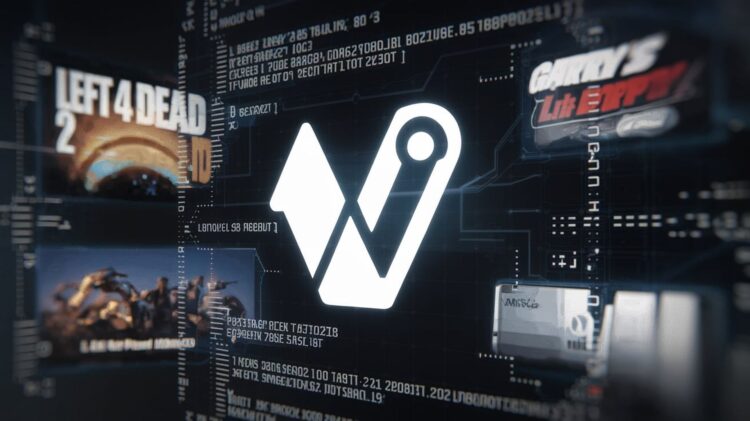Valve is often recognized for its creativity and experimentation after achieving financial freedom as a company. Its latest decision seems consistent with this. As a recent SteamDB leak shows, Valve is currently testing ARM64 support for some popular games.
The appearance of the “proton-arm64” tag in games like Left 4 Dead 2 and Garry’s Mod has sparked rumors of Valve releasing a device with an ARM64 chip. Could this be a sign of new hardware, or is Valve just expanding software compatibility?

A closer look at Valve and ARM64 testing
The following code appeared in the SteamDB update: “ValveTestApp3043620”, which attracted attention because of the tags it contained. Games, like Left 4 Dead 2, Kerbal Space Program, and Shadow of Mordor, were seen with “proton-arm64” and “proton-arm64e” tags, which point to Proton—the software that allows Windows games to run on Linux—being tested on ARM64 architecture. These labels are clear evidence that Valve is actively exploring the possibilities of ARM64.
Why choose ARM64? Because ARM processors are new, they are immediately recognized for their efficiency. They have been the foundation of mobile gaming and operating systems for a considerable amount of time. This could open up new opportunities for Valve in the portable gaming industry, moving away from the current x86 design of Steam Deck. In addition to ARM64 testing, the mention of Waydroid, a tool that allows Android apps to run on Linux, hints at possible Android support from Valve.

Microsoft may be behind Steam’s experimentation with ARM64. Microsoft’s new Surface computers are slowly moving to the ARM operating system. But the x86 underpinning Windows is so big that even if Windows successfully migrates, it could take years for other companies’ apps or game makers to catch up. But Valve may want to be prepared for anything. After all, Windows covers most of PC gaming and Steam dominates it, and if ARM infrastructure starts to be used not only on the Surface but on all PCs in the future, Steam wants to be the first to take its place.

Is new hardware on the horizon?
Or perhaps Valve is preparing for the release of its long-rumored standalone VR headset? Both of these ideas could explain the testing, but at this point, they’re just guesses based on available information.
Still, Valve’s exploration of ARM64 is certainly intriguing. If Valve does move towards ARM64-powered hardware, it would not only allow them to tap into a more mobile, portable market but could also provide more options for third-party developers to create cross-platform experiences. Several other games, including Plague Inc: Evolved and Frostpunk, were also listed in the SteamDB update, further suggesting Valve’s plans to make its ecosystem as flexible as possible.

A company is driven by experimentation
Valve stands out from other game companies not only for its technological advances but also for its financial autonomy and openness to innovation. Valve went from being famous for games like Half-Life and Portal to running Steam, one of the largest game distribution platforms in the world. This financial power means Valve isn’t forced to follow the same patterns as traditional gaming companies. While others may need to churn out regular releases to stay afloat, Valve plays by its own rules.
Valve can pursue projects whenever it desires, thanks to Steam’s constantly generating revenue. Had Steam not been so successful, the gaming industry could have potentially witnessed the arrival of not only Half-Life 3 but also Half-Life 4 or 5 by this point. Valve’s special position enables them to explore different technologies like virtual reality, handheld gaming, and ARM64 support according to their terms, free from outside expectations.
Image credits: Furkan Demirkaya/Ideogram





